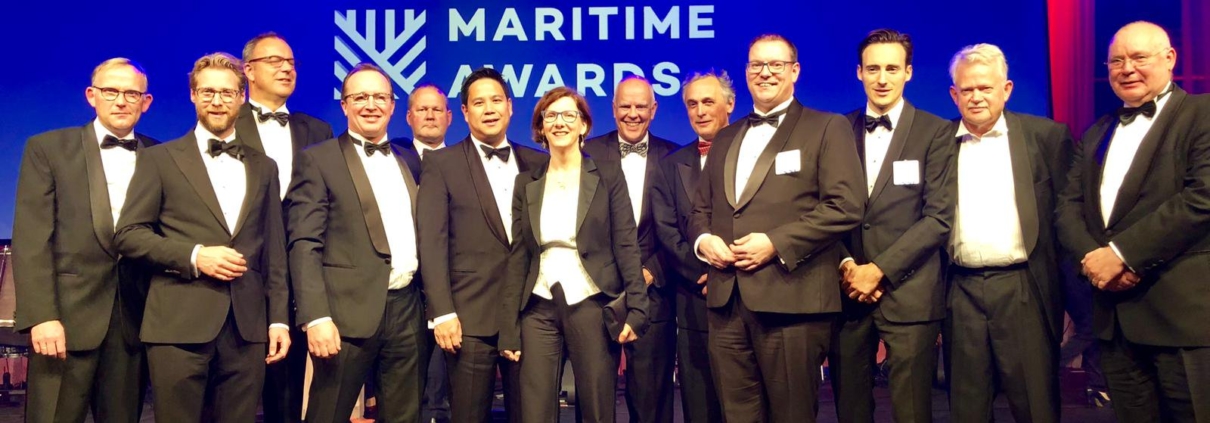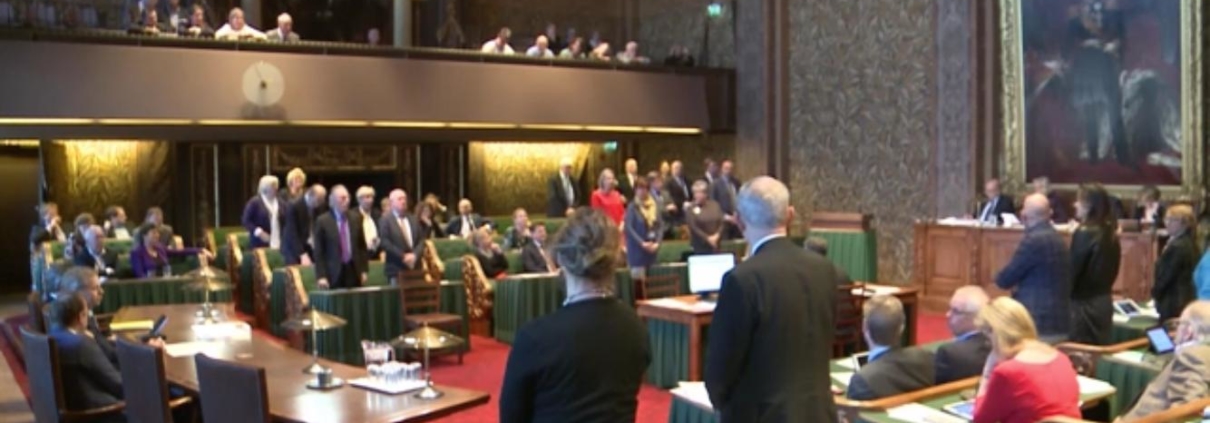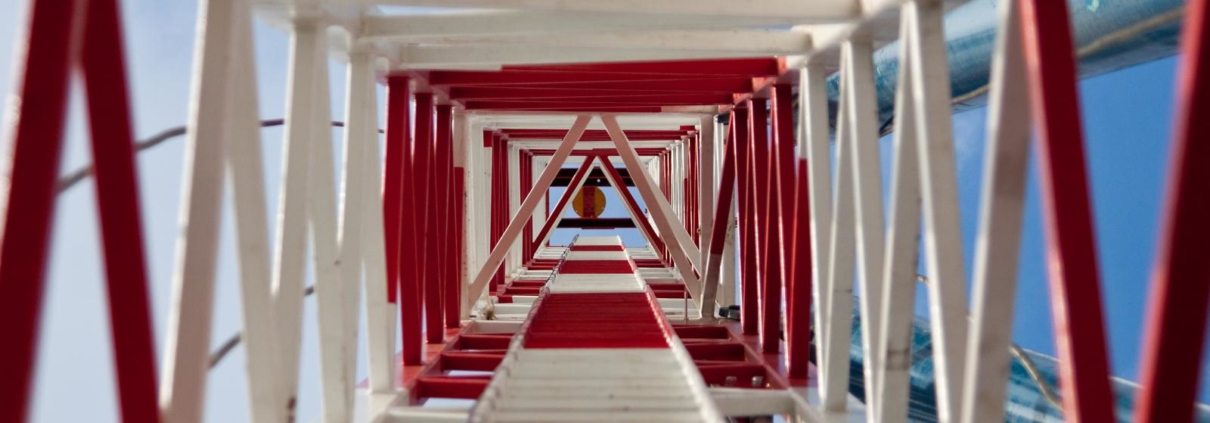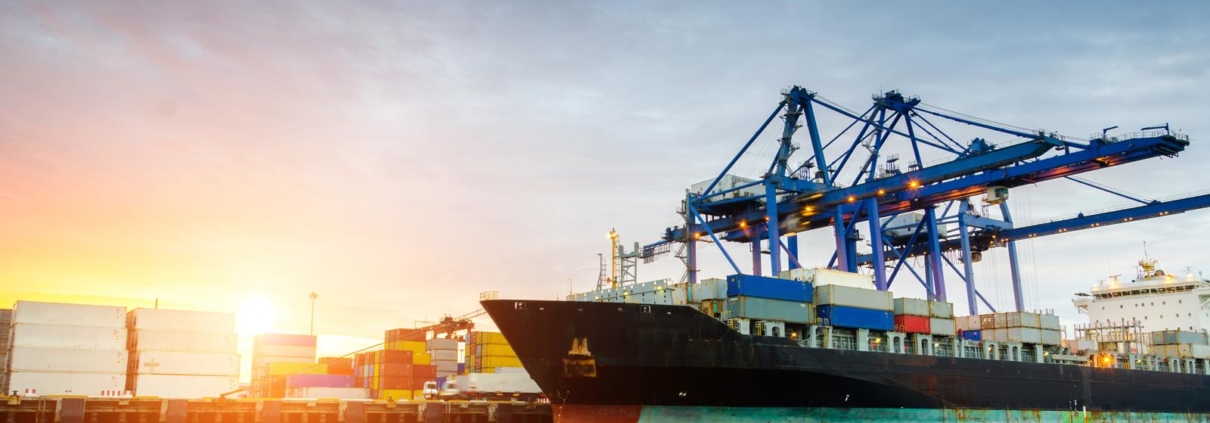Marstrat continues support of Maritime Awards Gala
Rotterdam based maritime consultancy firm Marstrat has supported Maritime Awards Gala (MAG) over the years and became Gold Sponsor for the first time in 2018. Marstrat confirms to continue the sponsorship agreement in 2019.
Marstrat and MAG share the same vision when it comes to appreciating the significance of the Dutch maritime industry: from creating world class innovative solutions and highly advanced shipbuilding to realizing sustainable maritime solutions with the strong support of finance providers. Marstrat has been involved in various mandates promoting the Dutch maritime sector internationally and has been guiding companies and the public sector to develop maritime business activities locally.
Every year almost 900 maritime professionals attend the annual networking event to celebrate the innovative power and achievements of the Dutch maritime industry. The event hosts five prestigious awards in the categories designer, innovation, ship-of-the-year, shipping and student innovation.
Marstrat is a strategic consultancy firm based in Rotterdam, the Netherlands that provides a unique combination of business, financial, and operational expertise to the maritime sector. Marstrat simplifies, organises and supports in order to solve your cross-disciplinary maritime challenges. Marstrat’s partners speak the language of the sector and understand the international markets. They have extensive experience, and an undisputed track record in the maritime sector.






